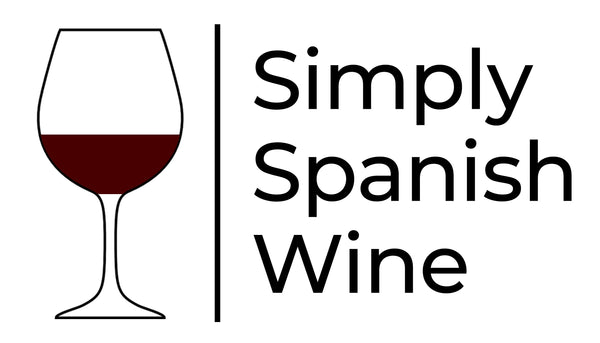[title]
[message]Clos Lojen
Clos Lojen
A seriously good value, fresh and versatile red wine for everyday drinking
DO Manchuela
Medium purple to cherry red in colour, the wine has quite an earthy, almost mineral nose with just a touch of chocolate. On the palate, expect ripe red and black fruit, a surprising freshness and a medium finish. A brilliant value, refreshing red wine for everyday drinking.
In stock
Couldn't load pickup availability



Collapsible content
Technical details
- Producer: Bodegas y Viñedos Ponce
- Region: DO Manchuela
- Vintage: 2023
- ABV: 12.5%
- Grapes: Bobal
Food pairings
This wine will go well with:
- Game
- Poultry
- Stews
- Red meat
- Rice dishes
- Cheese
Who makes it
Bodegas Ponce is a family-run winery based in the village of Villanueva de la Jara, about 50km north of Albacete in the southern half of DO Manchuela,. Like so many family-focused bodegas, the story began many years ago when Juan Antonio Ponce inherited a vineyard from his father planted with very old Bobal bush vines. The family farmed the vines together, until Juan Antonio’s son – slightly confusingly also called Juan Antonio! – went off to Requena to study at its famous viticulture and enology school.
Graduating at the very young age of eighteen, Juan Antonio did various harvests in and around Manchuela until at the age of twenty-one he began working for Telmo Rodriguez, one of Spain’s most respected modern winemakers, across various Spanish DOs.
Founded in 2005 with 17 hectares of vineyard, the Ponce family now farm 35 hectares of various grape varieties, although old vine Bobal remains their speciality. Soils are predominantly chalky clay, with some limestone parcels. The vines are all farmed organically and all the wines are certified organic.
The grapes
Bobal is Spain’s 3rd most widely grown wine grape, and was traditionally used in bulk wines or as a blending grape to add structure and colour to red wines. But it’s increasingly being used for single varietal wines. You will still see it blended, but these days it’s often grapes like Tempranillo and Garnacha that are being added to Bobal to give the wines a bit more aroma, complexity, and body.
Bobal is a thick-skinned, dark-coloured grape, which is one of the reasons it was so popular in bulk wines. It’s also resistant to mildew and to drought. A grape that is less susceptible to disease and grows well in dry conditions is clearly going to be popular among wine producers, so it’s not surprising it is so widely grown. What is surprising is that it is not better known and has only recently started to get a name for itself as a wine-producing grape in its own right.
Bobal is most commonly found in the Valencia area – particularly Utiel Requena but also in other regions like Extremadura, in the Denominación de Origen Ribera del Jucar, or DO Manchuela in Castilla La Mancha. It can be found at altitudes of up to 1,000 metres above sea level, where temperature variations between day and night help add structure to the wine.
Those temperature variations mean that Bobal can produce lovely medium-bodied wines with fresh acidity, soft tannins, and rich dark colour. In terms of flavours, well you can expect lots of fruit flavours like raspberry and cherry, but you might also pick up some floral elements like violets, or perhaps sometimes even a touch of chocolate.
Where it's made
About 100 km inland from the Mediterranean, Manchuela has been a winemaking region for centuries. Its 12,500 hectares of vineyards span the two provinces of Cuenca and Albacete and are sliced in half from north to south by the Jucar and Cabriel rivers. The area is a plateau, between 600 and 1,000 metres above sea level.
Most of the DO’s wineries are at the southern end where long hours of sunshine and low and predictable rainfall are factors that help make winegrowers' lives easier. To the north, the altitude rises, and cooler winds help keep vines healthy. That in turn helps keep down the need for chemical pesticides, hence the number of organic wines you can find in the DO.
How it's made
Made from Bobal grapes from a selection of ten separate vineyard parcels planted between 40 and 60 years ago. The grapes are harvested manually and undergo a whole bunch fermentation with native yeasts in 4,500 litre oak vats before being aged for 6 months in 4,500, 10,000 and 15,000 litre French oak vats.



